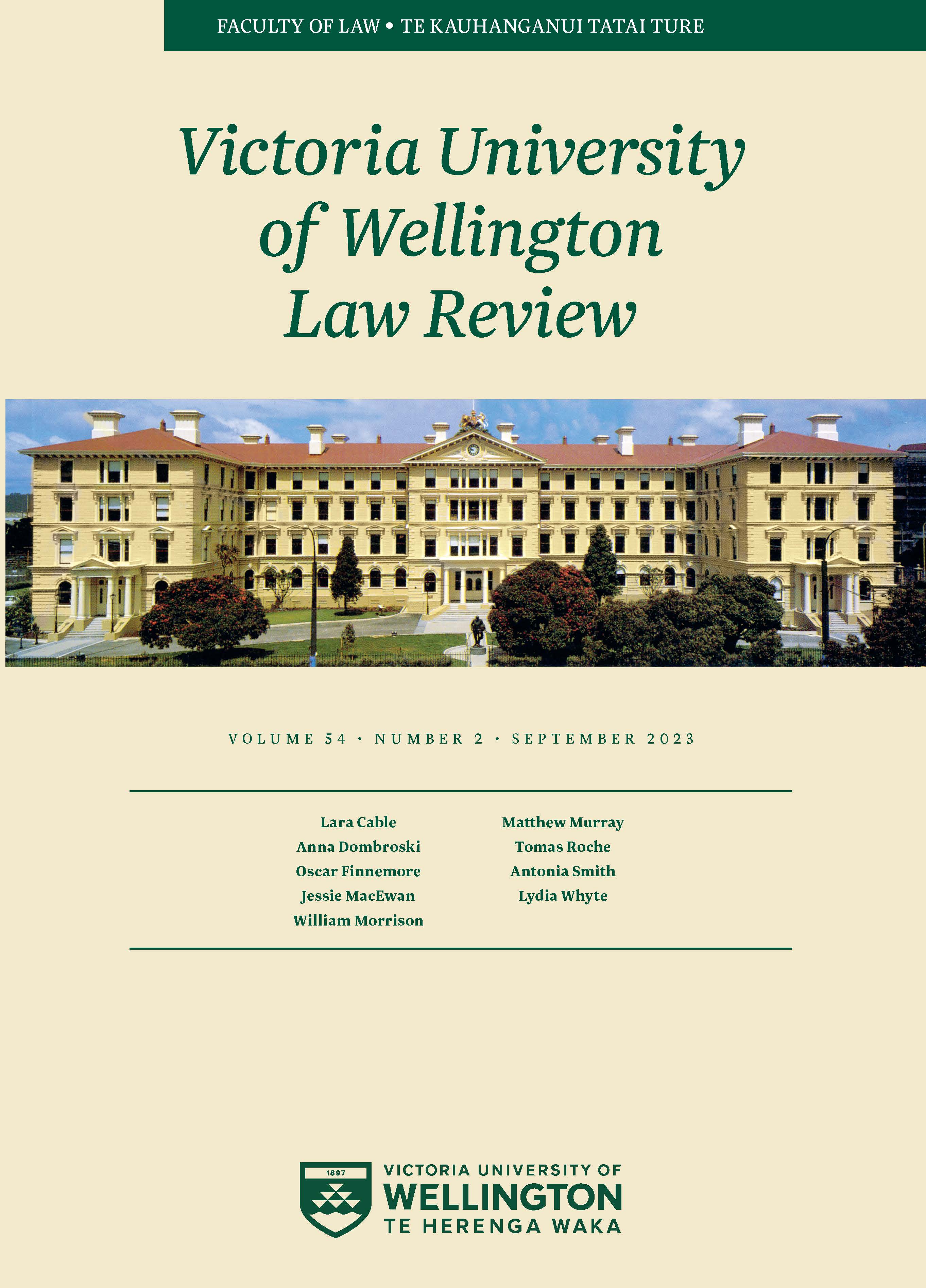Towards a Singular Tort of Privacy: Are the Justifications for Separate Privacy Torts Evaporating?
Abstract
The New Zealand common law has been hesitant to recognise the multifaceted nature of modern privacy invasions. In an attempt to maintain certainty and conceptual clarity, the courts have developed two privacy actions: the tort of wrongful publication of private facts, and the tort of intrusion upon seclusion. These torts protect distinct types of wrongful conduct and different privacy interests, despite sharing almost identical structural requirements. However, the categorisation of privacy actions is becoming increasingly artificial as the characteristics of the torts overlap. In practice, both informational and physical privacy interests may be relevant to a singular claim. Furthermore, in the light of recent developments to the publicity requirement, the circumstances distinguishing one tort from the other are now as little as a disclosure to a singular individual. This article argues the existence of separate torts is becoming increasingly illogical and unduly restrictive when grappling with nuanced problems posed by emerging privacy threats. If the privacy framework is to adapt to the modern world, discussions of a singular tort ought to be reignited, albeit from a different angle. By reconfiguring the descriptive and normative tools currently deployed by courts, a singular tort will enable more flexible, cohesive and workable privacy protection.
Downloads
Downloads
Published
How to Cite
Issue
Section
License
Authors retain copyright in their work published in the Victoria University of Wellington Law Review.


